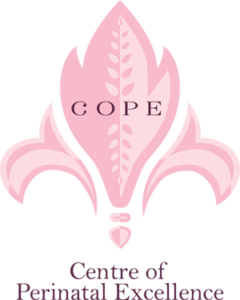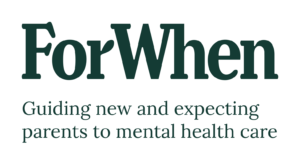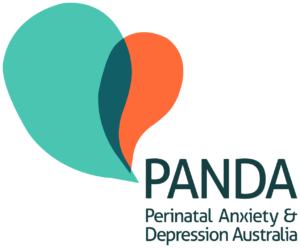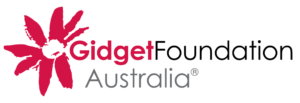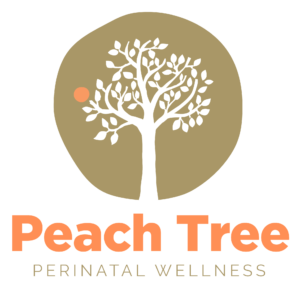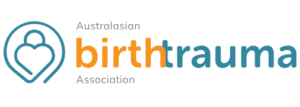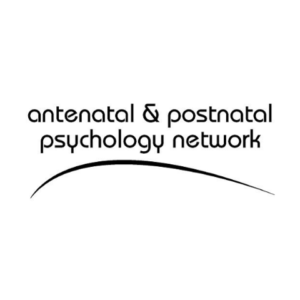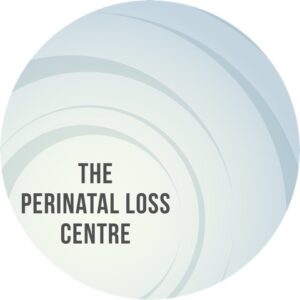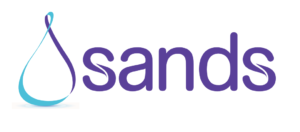While there are many individual prenatal diagnoses, pathways and outcomes – many parents describe a rollercoaster of emotions after receiving unexpected news.
One positive step you can take is to seek support early.
We have curated this list of professional and peer support services so that you can find the right support for you.
If you have been given a specific diagnosis, you can find support by reaching out to a diagnosis-specific support group. These groups may be formal support organisations or informal support groups – click here to view our directory.


